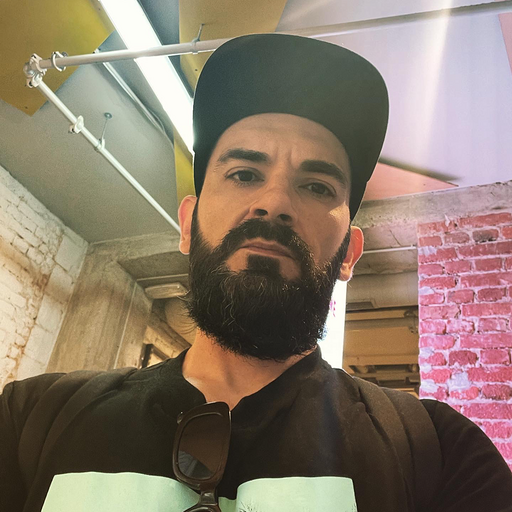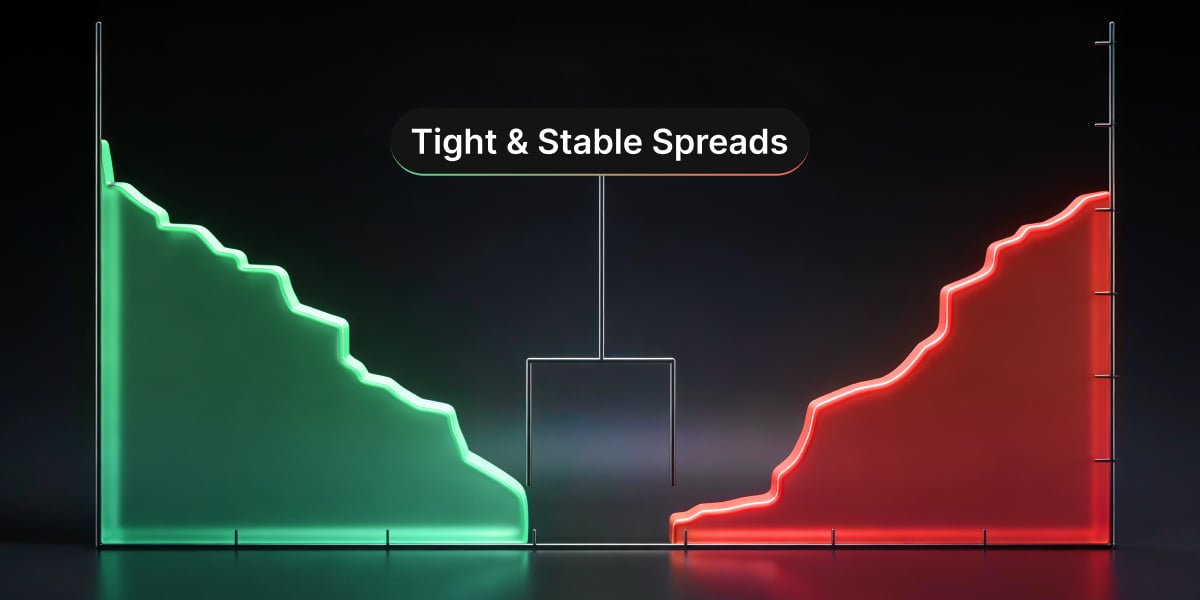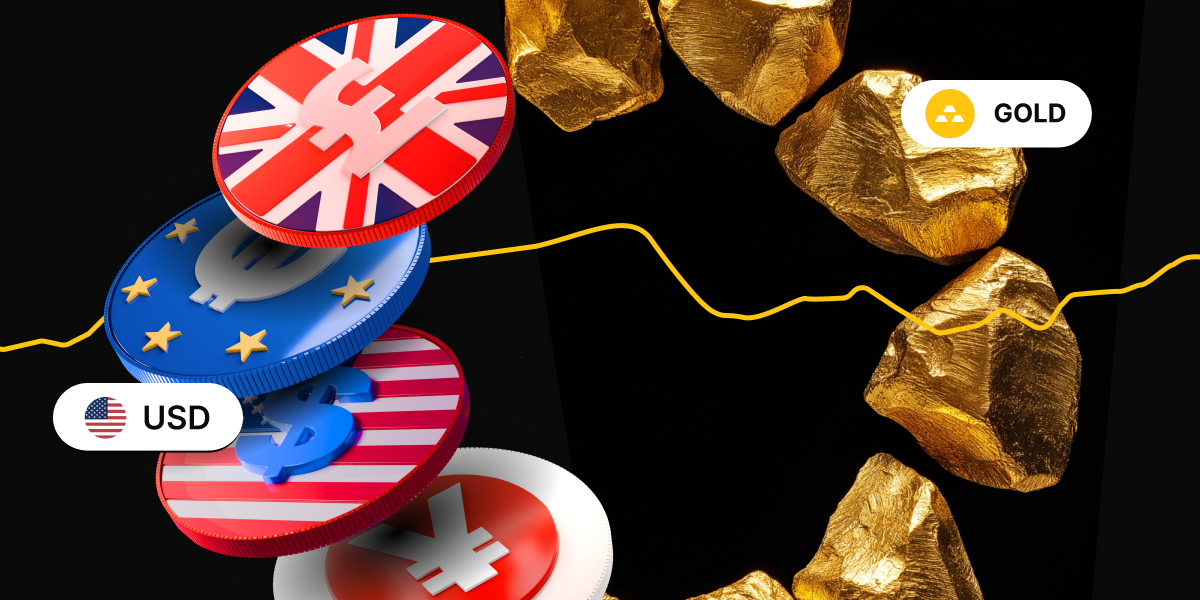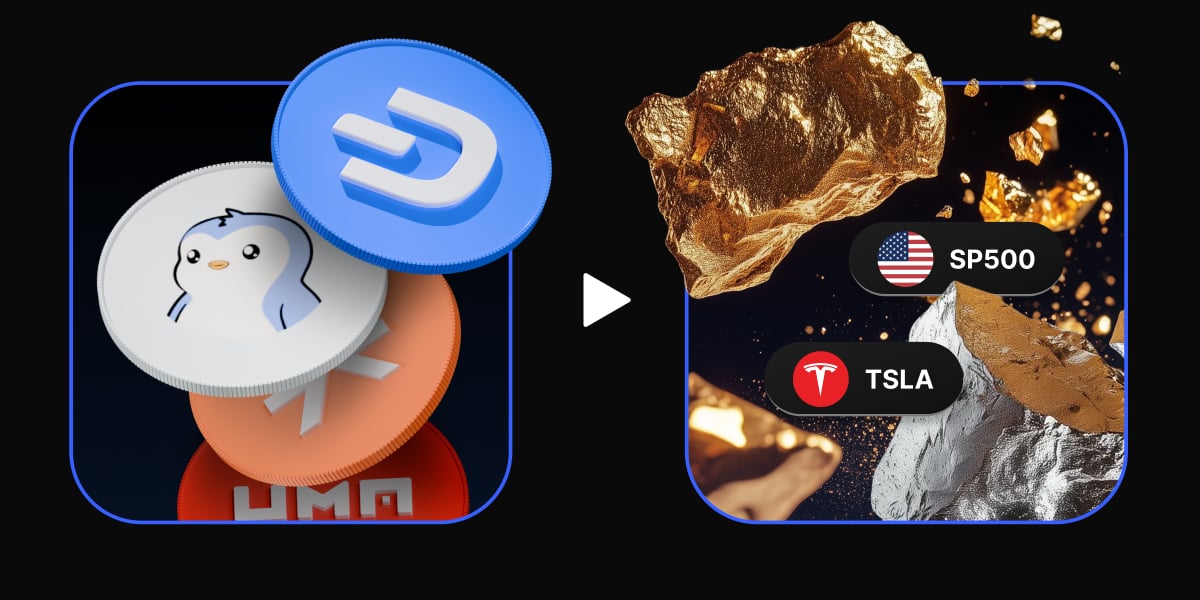In the digital age, verifying the legitimacy of a broker is paramount. With the proliferation of online trading platforms, distinguishing between trustworthy brokerage firms and fraudulent entities has become increasingly challenging. Ensuring that your broker is registered with the Securities and Exchange Commission (SEC) or the Financial Industry Regulatory Authority (FINRA) is a crucial first step in safeguarding your investments.
Introduction to broker verification
The surge in online trading has opened doors for many investors but has also led to an increase in fraudulent brokerage firms. Understanding how to verify a broker’s legitimacy is essential to protect your funds and personal information.
The rise of online trading – and scams
The convenience of online trading platforms has attracted a vast number of investors. However, this boom has also seen a rise in scams, with unregistered brokers exploiting unsuspecting clients. It’s imperative to ensure that any broker you engage with is registered with the appropriate regulatory bodies.
What “legit” means in trading
A legitimate broker is one that is registered with regulatory authorities like the SEC or FINRA, adheres to industry standards, and operates transparently. Such brokers are obligated to follow strict rules designed to protect investors.
Real consequences of choosing the wrong broker
Engaging with unregistered or fraudulent brokers can lead to severe consequences, including loss of funds, identity theft, and legal complications. It’s not uncommon for such brokers to employ high-pressure sales tactics, restrict withdrawals, or provide misleading information about investments.
6 key signs a broker is legit
Identifying a trustworthy broker involves a combination of research and vigilance. Here are six indicators to guide your assessment:
1. The broker is licensed by a recognised authority
Legitimate brokers are registered with regulatory bodies such as the SEC or FINRA. These organisations oversee brokerage firms to ensure compliance with industry standards. You can verify a broker’s registration through the BrokerCheck tool provided by FINRA.
2. Their regulatory info is public and verifiable
A credible broker will have their regulatory information readily available, often in the footer of their website. This includes license numbers and affiliations with regulatory bodies. Always cross-reference this information using official databases like the IAPD.
3. They offer segregated accounts for client funds
Reputable brokers maintain segregated accounts, ensuring that client funds are kept separate from the firm’s operational funds. This practice protects your money in case the brokerage faces financial difficulties.
4. Their services are transparent and clearly defined
Transparency is a hallmark of a legitimate broker. They should provide clear information about their services, fee structures, and any associated risks. Avoid brokers who are vague or evasive about these details.
5. You can find real reviews on independent sites
Authentic client reviews can offer insights into a broker’s reliability. Platforms like Trustpilot and Forex Peace Army host user experiences that can help you assess a broker’s reputation.
6. They don’t offer unrealistic bonuses or guarantees
Be wary of brokers promising guaranteed returns or offering substantial bonuses with complex withdrawal conditions. Such offers are often red flags indicating potential fraud.
How to verify a broker’s license
Verifying a broker’s license is a critical step in ensuring their legitimacy. Here’s how you can conduct your own research:
Researching a broker’s background
Start by gathering information about the broker’s history, including their employment history, any past complaints, and their standing with regulatory bodies. Tools like BrokerCheck and the IAPD database are invaluable resources for this purpose.
Verifying registration on the regulator’s website
Use official regulatory websites to confirm a broker’s registration status. For instance, the SEC’s Investment Adviser Public Disclosure website allows you to check if an investment adviser is registered with the SEC.
Watch for inconsistent company names or domains
Fraudulent brokers often use names or website domains that closely resemble those of legitimate firms. Always double-check the exact spelling and domain of the broker’s website to avoid falling victim to such schemes.
What to avoid: red flags of scam brokers
Being able to identify warning signs can save you from potential scams. Here are some red flags to watch out for:
No company details or physical address
Legitimate brokers provide clear contact information, including a physical address. A lack of such details is a significant warning sign.
Pushy sales tactics and unsolicited calls
Be cautious of brokers who employ high-pressure sales tactics or make unsolicited cold calls. Registered brokers are required to adhere to ethical sales practices.
Delays or restrictions on withdrawals
If a broker imposes unreasonable delays or restrictions on withdrawing your funds, it’s a major red flag. Legitimate brokers process withdrawals promptly and transparently.
Bonus traps and locked balances
Some brokers lure clients with attractive bonuses that come with hidden conditions, such as high trading volume requirements before withdrawals are permitted. Always read the fine print.
Negative feedback and regulatory warnings
Check for any complaints or warnings issued by regulatory bodies against the broker. Such information is often available on official websites and can indicate potential issues.
Evaluating a broker’s services
Beyond legitimacy, assessing the quality of a broker’s services is crucial for a satisfactory trading experience.
Trading platforms and execution speed
A reliable broker offers a stable trading platform with fast execution speeds. Delays or technical issues can significantly impact your trading outcomes.
Research tools and market education
Top-tier brokers provide clients with access to research tools, market analysis, and educational resources to support informed trading decisions.
Support and responsiveness
Efficient customer support is essential. A legitimate broker will have responsive support channels to address client inquiries and issues promptly.
Is PrimeXBT legit?
Yes, PrimeXBT is a legitimate broker that provides access to a range of financial instruments. It is registered in St. Vincent and the Grenadines under the company name Prime Technology Ltd, and operates in compliance with applicable local laws. While PrimeXBT does not fall under the jurisdiction of regulators like the SEC or FINRA—since it does not offer services in the United States—it maintains transparent business practices, including clear terms of service, risk disclosures, and security protocols to protect client funds and data.
To verify the legitimacy of any broker, including PrimeXBT, you should:
- Confirm company registration details through official government registries
- Evaluate the platform’s transparency regarding fees, trading conditions, and policies
- Review independent client feedback and ratings on third-party platforms
PrimeXBT has received multiple industry awards for trust and trading conditions, and has a proven track record with clients in over 150 countries. Its reputation, longevity, and public-facing operations support its status as a legitimate broker.
Final thoughts
Ensuring that your broker is legitimate is a fundamental step in protecting your investments. By conducting thorough research, verifying registrations, and being vigilant about red flags, you can make informed decisions and trade with confidence.
Trading involves risk.
How do I know if a broker is real?
Check their registration status with the SEC, FINRA, or other equal regulators in your area by using tools like BrokerCheck or the IAPD database.
How do you check if a broker is safe?
Assess their regulatory compliance, read independent reviews, and ensure they have transparent business practices.
How will you know if you can trust your broker?
Trust is built through transparency, regulatory compliance, and consistent, reliable service.
How do I know if a broker is registered?
Use official databases like BrokerCheck or the IAPD to verify their registration status.
How do I find a legit broker?
Conduct thorough research, verify registrations, and consult independent reviews to identify reputable brokers.
What are high-pressure sales tactics?
These are aggressive strategies used to coerce clients into making quick decisions, often without adequate information.
What is the Financial Industry Regulatory Authority (FINRA)?
FINRA is a self-regulatory organisation that oversees brokerage firms and exchange markets in the United States.
What is the role of the Securities and Exchange Commission (SEC)?
The SEC is a federal agency responsible for enforcing laws against market manipulation and ensuring transparency in the securities industry.
Why is it important for a broker to be registered with the SEC or FINRA?
Registration ensures that the broker adheres to industry standards and regulations designed to protect investors.
Are there other regulators besides the SEC and FINRA?
Yes, many countries have their own financial regulators such as the FCA (UK), ASIC (Australia), FSCA (South Africa), CySEC (Cyprus), MAS (Singapore), and BaFin (Germany).
Where is PrimeXBT registered and regulated?
PrimeXBT is regulated by the FSCA in South Africa and the FSA in Seychelles.
Can I sell securities without registering as a broker-dealer?
Generally, individuals must be registered to sell securities, but there are specific exemptions under certain conditions.
The content provided here is for informational purposes only. It is not intended as personal investment advice and does not constitute a solicitation or invitation to engage in any financial transactions, investments, or related activities. Past performance is not a reliable indicator of future results.
The financial products offered by the Company are complex and come with a high risk of losing money rapidly due to leverage. These products may not be suitable for all investors. Before engaging, you should consider whether you understand how these leveraged products work and whether you can afford the high risk of losing your money.
The Company does not accept clients from the Restricted Jurisdictions as indicated in our website/ T&C. Some services or products may not be available in your jurisdiction.
The applicable legal entity and its respective products and services depend on the client’s country of residence and the entity with which the client has established a contractual relationship during registration.




